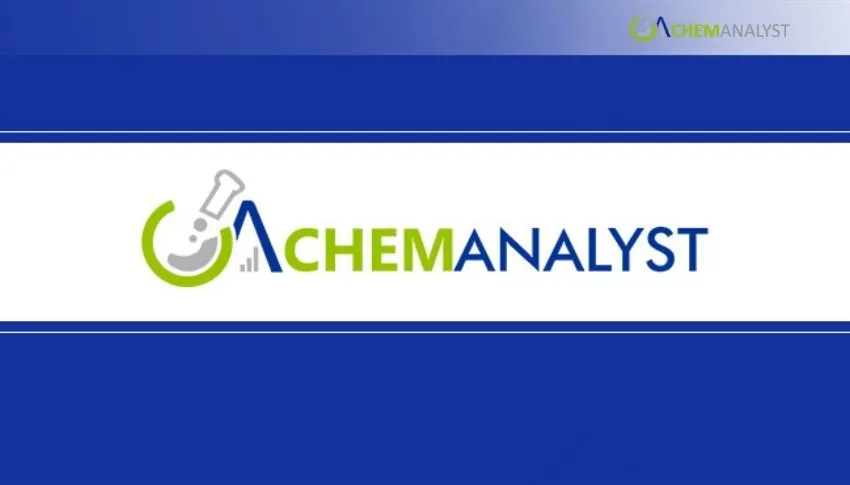Welcome To ChemAnalyst

This certification, a first for any Indian refinery, marks a significant milestone in the nation's efforts to decarbonize its aviation sector and align with international environmental standards.
In a first-of-its-kind achievement for the country, Indian Oil's Panipat refinery has been certified to produce Sustainable Aviation Fuel (SAF), a move that is poised to dramatically alter India's aviation landscape. Cotecna Inspection India Pvt Ltd, a globally recognized provider of testing and certification services, has awarded the certification, validating the refinery’s capability to convert used cooking oil into co-processed oil suitable for blending with conventional aviation turbine fuel (ATF).
This is not merely a technical achievement but a coordinated effort involving key government bodies. Officials highlighted the crucial collaboration between the Union petroleum and aviation ministries. The Directorate General of Civil Aviation (DGCA) played a central role in coordinating the certification process, which now sets the stage for a national push to ramp up SAF production. The ultimate goal is to produce a "meaningful amount" of SAF in the coming years to help India meet its ambitious emission reduction targets.
The certification of the Panipat refinery is a critical step towards India's compliance with the Carbon Offsetting and Reduction Scheme for International Aviation (CORSIA). This global, market-based measure, established by the International Civil Aviation Organisation (ICAO), is designed to help the international aviation industry manage and reduce its carbon footprint. The certification confirms that the SAF produced at Panipat meets the stringent requirements of CORSIA, enabling airlines to use it for international flights and thereby meet their offsetting obligations.
Under CORSIA, airlines must offset any increase in their emissions above a 2019 baseline by using compliant fuels like SAF or purchasing carbon credits. The certification of a domestic refinery for SAF production will provide Indian carriers with a crucial, home-grown resource to comply with these regulations, particularly as the mandatory phase of CORSIA is set to begin in 2027.
Following this landmark certification, India has a clear roadmap for the phased adoption of SAF. The government is actively planning to mandate the blending of SAF with conventional ATF to curb carbon emissions. The initial target is to achieve a 1% SAF blend for all international flights by 2027, a target that is planned to increase to 2% in 2028. The government is taking a cautious approach, focusing on international flights first before potentially expanding the mandate to domestic flights in subsequent years. This strategy allows the industry to build the necessary infrastructure and supply chains while managing the economic impact on a price-sensitive market.
We use cookies to deliver the best possible experience on our website. To learn more, visit our Privacy Policy. By continuing to use this site or by closing this box, you consent to our use of cookies. More info.
